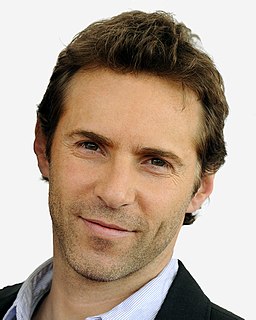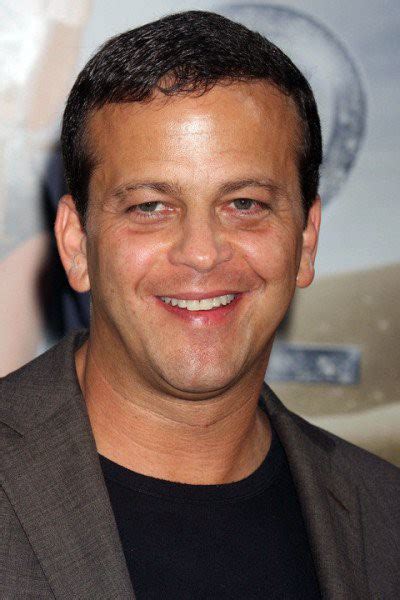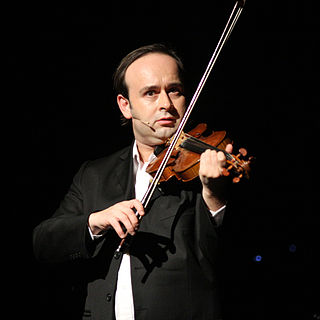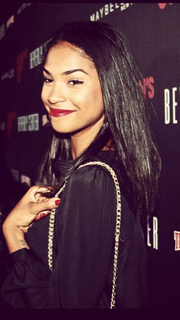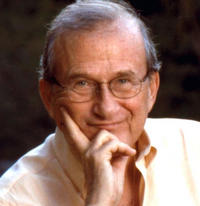A Quote by Miranda Otto
I just feel like TV takes more risks than film. Film has gotten very safe: it's very compartmentalized about what type of things will be successful. And whereas in TV, since all these new platforms opened, they're saying to writers, go out there, write the most different show that you can write. Write something that's really original and different.
Related Quotes
When I got to 'Looking,' I didn't know that you could write stuff and they would put it on TV. That was that experience. My boss was Andrew Haigh and he came from film; he had never done TV. It was his first TV show, and he was running it. And I think he was like, 'Write it, and we'll put it on.' It was lovely.
Film writing and concert writing are two very different things. In film writing I am serving the film and it tells you what to write. I have to stay within the parameters of the film. In writing concert music for the stage I can write anything I want and in this day and modern age rules can be broken.
Film and television are very different. On the TV show, we do seven or eight scenes a day, so time and money are of the essence, and we have zero room for creativity because you've got to do each scene in only five takes. Whereas, on a film, you have an entire day to film one scene, so you have so much time to choose how you want to fill in a scene.
We've always dreamt of a TV series and working in film. When we first sat down to seriously write 'A Little Nightmare Music,' to write something for TV was our original inspiration. But all the stuff we were writing down is not going to work on stage. We had to rewrite it so it would work on the stage.
It's far easier to write why something is terrible than why it's good. If you're reviewing a film and you decide "This is a movie I don't like," basically you can take every element of the film and find the obvious flaw, or argue that it seems ridiculous, or like a parody of itself, or that it's not as good as something similar that was done in a previous film. What's hard to do is describe why you like something. Because ultimately, the reason things move people is very amorphous. You can be cerebral about things you hate, but most of the things you like tend to be very emotive.
I know one thing - very few writers in Southern California get to write what they want to write. We are more or less worker ants, working for either film companies or tv companies or Internet companies. We do a lot of assigned work. Feelings hardly ever enter into it. If they do, they tend to be on a sort of soap opera level.
When you're writing for a game - even if you're using very well known characters like Batman and his villains who lend themselves to many different interpretations - you have to keep in mind that you're writing for a different medium. Things are a bit more straightforward than it is for a feature film or a TV show.
The first thing I say when people ask what's the difference [between doing TV and film], is that film has an ending and TV doesn't. When I write a film, all I think about is where the thing ends and how to get the audience there. And in television, it can't end. You need the audience to return the next week. It kind of shifts the drive of the story. But I find that more as a writer than as a director.

